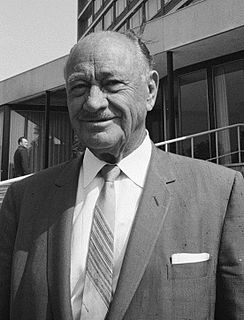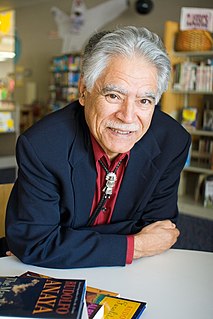A Quote by Philip Roth
'Haunted by the past' is a commonplace phrase because it's a commonplace experience. Even if one is not, strictly speaking, 'haunted', the past is perpetually with one in the present, and the longer it grows and the further it recedes the stronger its presence seems to become.
Related Quotes
We are born haunted, he said, his voice weak, but still clear. Haunted by our fathers and mothers and daughters, and by people we don't remember. We are haunted by otherness, by the path not taken, by the life unlived. We are haunted by the changing winds and the ebbing tides of history. And even as our own flame burns brightest, we are haunted by the embers of the first dying fire. But mostly, said Lord Jim, we are haunted by ourselves.
We learn in the past, but we are not the result of that. We suffered in the past, loved in the past, cried and laughed in the past, but that's of no use to the present. The present has its challenges, its good and bad side. We can neither blame nor be grateful to the past for what is happening now. Each new experience of love has nothing whatsoever to do with past experiences. It's always new.
But the past does not exist independently from the present. Indeed, the past is only past because there is a present, just as I can point to something over there only because I am here. But nothing is inherently over there or here. In that sense, the past has no content. The past - or more accurately, pastness - is a position. Thus, in no way can we identify the past as past
what he sought was always something lying ahead, and even if it was a matter of the past it was a past that changed gradually as he advanced on his journey, because the traveller's past changes according to the route he has followed: not the immediate past, that is, to which each day that goes by adds a day, but the more remote past. Arriving at each new city, the traveller finds again a past of his that he did not know he had: the foreignness of what you no longer are or no longer possess lies in wait for you in foreign, unpossessed places.
The past history of human belief is a cautionary tale. We have killed thousands of our fellow human beings because we believed they had signed a contract with the devil, and had become witches. We still kill more than a thousand people each year for witchcraft. In my view, there is only one hope for humankind to emerge from what Carl Sagan called "the demon-haunted world" of our past. That hope is science.






































